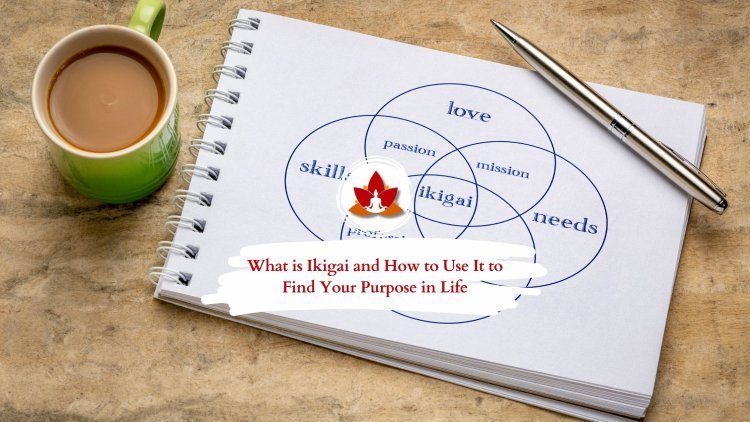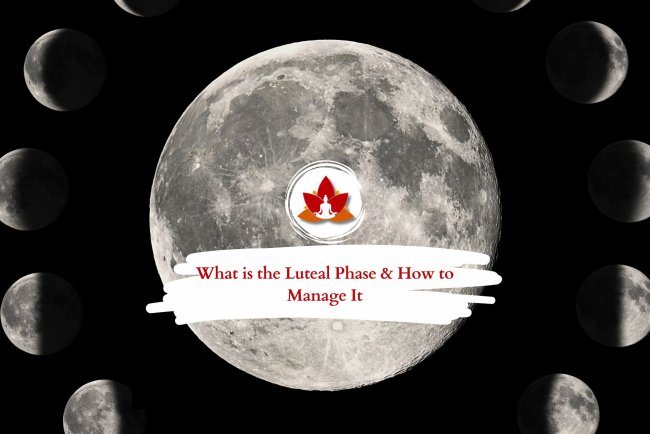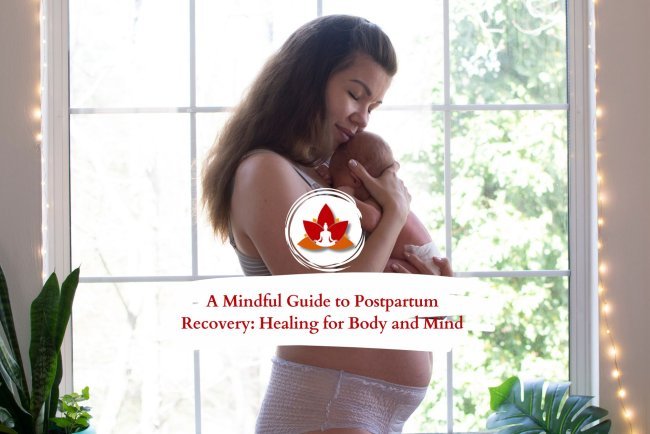What is Ikigai and How to Use It to Discover Your Purpose in Life

“Who am I, and what is my purpose?”
This timeless question echoes through generations — and the Japanese concept of Ikigai might just hold the answer.
Ikigai (生き甲斐) is more than a concept; it’s a life philosophy that blends passion, mission, profession, and vocation. Rooted in Japanese heritage, Ikigai is believed to be the secret to a long, happy, and purposeful life.
In this article, we’ll explore:
-
What Ikigai really means
-
The historical roots of Ikigai
-
How to use the Ikigai diagram
-
Step-by-step guide to finding your Ikigai
-
How to live a life aligned with your Ikigai
What is Ikigai?
Ikigai (pronounced ee-kee-guy) is a Japanese concept that means "a reason to live" or "a reason for being."
It’s derived from two words:
-
"Iki" (生き) — meaning “life”
-
"Gai" (甲斐) — meaning “worth” or “value”
Together, they express the idea of living with purpose — finding joy and meaning in everyday life through something that motivates you to get up each morning.
Unlike fleeting happiness, Ikigai is a deep, long-term sense of purpose and fulfillment.
The History of Ikigai
Ikigai has been part of Japanese thought for centuries:
-
The word first appeared in the Heian period (794–1185 CE).
-
According to Akihiro Hasegawa, a Japanese psychologist, the term kai (meaning "shell") was associated with value and beauty. These decorated shells were used in an elegant court game called kai-awase.
-
Gordon Mathews, a cultural anthropologist, further introduced the idea to the Western world in his book “The Pursuit of Purpose in Japan and America.”
Though it’s gained global popularity recently (especially through books like “Ikigai: The Japanese Secret to a Long and Happy Life”), it remains a fundamental part of daily life in Japan, especially in Okinawa — known for having one of the highest life expectancies in the world.
Ikigai in Japanese as Compared to the West
A Universal Human Experience
The perpetual search for a reason to live, a life one desires, and happiness and goodness of existence is a shared human desire. The Japanese call such a search for a better life as ikigai, but the imperative to find purpose in life is universal.
While ikigai is taken by Japanese authors to be an intangible, intuitive, irrational, and elusive word—and less of a philosophical term than Western-language translations of it—a familiarity with ikigai and Viktor Frankl's The Will to Meaning and Abraham Maslow's hierarchy of needs will be familiar to Japanese authors.
Maslow places self-actualization and purpose on the top rung of the hierarchy when one has already met the basic human needs such as security, love, and respect. Ikigai is also Japan's ultimate goal of society and is utilized for the fulfillment of a person's inner abilities or self-actualization. The desire for a purposeful life, to find ikigai, was founded on Frankl's premise that man acts because of the search for and fulfillment of purpose in life.
The Ikigai Diagram: 4 Elements of Purpose
Ikigai is often illustrated through a Venn diagram made of four overlapping circles. At the center lies your ikigai — the sweet spot where these four areas intersect:
-
What You Love (Your Passion)
-
What You Are Good At (Your Profession)
-
What the World Needs (Your Mission)
-
What You Can Be Paid For (Your Vocation)
Each overlap represents a different aspect of purpose:
|
Intersection |
Meaning |
|
Love + Skill |
Passion |
|
Skill + Paid For |
Profession |
|
Paid For + World Needs |
Vocation |
|
World Needs + Love |
Mission |
But only when all four align do you find your true Ikigai.
4 Simple Ways to Find Your Ikigai
Knowing the four core elements of Ikigai can lead you to uncover your true purpose in life — one that brings joy, meaning, and contribution to the world.
1. Discover Your Passion
Your passion is what makes you feel most alive.
These are the activities you could spend hours doing without even noticing time pass — things you’d do even if you weren’t paid for it. Whether it’s painting, storytelling, cooking, or dancing, your passion is the fuel that lights up your soul.
Ask yourself: What activity brings me joy just by doing it?
2. Identify Your Vocation
Your vocation is where your natural skills and talents shine.
These are the things you do easily, that others may struggle with — writing, math, design, organizing, speaking, or helping people. Your strengths are clues to what you're uniquely meant to share with the world.
Ask yourself: What do people naturally appreciate or praise me for?
3. Clarify Your Mission
Your mission is born when you align your heart with the needs of the world.
Is there a cause or problem you deeply care about? Something you wish you could fix or improve — in your community, the planet, or society?
Ask yourself: What positive change do I want to be part of?
4. Build a Career with Meaning
This is where your passion + mission + vocation come together to create a career path or calling.
The goal is to make a living doing something you love, that helps others, and that uses your strengths. Whether that means launching a business, teaching, healing, creating, or consulting — your career can be a reflection of your Ikigai.
Remember: It may take time to build, but it’s worth nurturing.
The Benefits of Finding Your Ikigai
Embracing your Ikigai — your reason for being — is more than a life purpose; it's a daily practice of self-discovery and intentional living. By aligning what you love, what you're good at, what the world needs, and what you can be paid for, you unlock a deeper sense of fulfillment.
Here are some powerful benefits of living with Ikigai:
1. Greater Happiness & Fulfillment
When you live in alignment with your purpose, your everyday actions bring joy and contentment.
You feel energized, motivated, and connected to something greater — which naturally uplifts your mood and mindset.
2. Reduced Stress & Anxiety
Stress often arises when there’s a disconnect between what you’re doing and what truly matters to you.
Ikigai offers clarity and direction, easing anxiety and creating a sense of peace and balance in your life.
3. A Deeper Sense of Wholeness
When your work and passions benefit others, you feel a sense of contribution and harmony.
This connection to the greater good cultivates a meaningful, whole-hearted existence.
4. Stronger Motivation
Ikigai fuels you with internal drive.
Even during hard times, your purpose becomes a compass, helping you push forward with resilience and determination.
5. Better Health & Longevity
Studies show that people with a strong sense of purpose tend to live longer, healthier lives.
Ikigai has been linked to reduced risk of disease, improved mental well-being, and a more active lifestyle.
6. Continuous Personal Growth
The journey of finding your Ikigai is one of exploration and self-improvement.
You evolve by learning new skills, deepening your passions, and expanding your view of how you can serve the world.
How to Find Your Ikigai: Step-by-Step
Here’s how you can begin exploring your Ikigai:
1. Self-Reflection
Ask yourself these questions:
-
What do I love doing that makes time fly?
-
What am I really good at?
-
What problems do I care about in the world?
-
What services or skills can I offer or monetize?
2. Create Your Ikigai Diagram
Sketch four circles and start listing answers to each of the above questions. Look for intersections. Where do they overlap?
3. Experiment & Observe
Try new activities, side projects, volunteering, or journaling. Watch what energizes you vs. what drains you.
4. Talk to Others
Mentors, coaches, and even friends can often see patterns and strengths you may miss.
4. Find Your Strengths and Interests
Think about what you love doing — the hobbies or tasks that make you lose track of time. These are signs of your passion.
Now, list your strengths — the things that come naturally to you or that others often praise.
Your calling lies where your passion and strengths meet. Use this as a guide to uncover what you’re meant to do.
Tip: Jot down moments of joy and success — patterns will point you toward your Ikigai.
4. Meditate
Meditation helps quiet the noise so you can hear what truly matters. It reduces stress, clears your mind, and connects you to your inner purpose. By meditating daily, you gain clarity on what brings you joy and how you can contribute meaningfully to the world.
5. Be Patient and Curious
Ikigai is not discovered overnight — it evolves. Keep checking in with yourself.
Myths About Ikigai (and the Truth Behind Them)
1. Ikigai = Job
❌ Myth: Your ikigai must be your profession.
✅ Truth: Ikigai is about meaning in life — it can be work, hobbies, relationships, or simple joys.
2. Ikigai Is the Same for Everyone
❌ Myth: There’s one formula.
✅ Truth: Ikigai is personal — for some, it’s big goals; for others, small daily pleasures.
3. It Must Be Grand
❌ Myth: Ikigai is a big, life-changing purpose.
✅ Truth: It can be quiet moments — like gardening or sharing tea.
4. You Must Earn from It
❌ Myth: Ikigai should be monetized.
✅ Truth: It doesn’t have to be. Many ikigai are not tied to money.
5. It’s a Quick Fix
❌ Myth: Finding ikigai = instant happiness.
✅ Truth: It’s a lifelong journey of reflection and alignment.
6. It’s the Secret to Longevity
❌ Myth: Ikigai alone makes people live longer.
✅ Truth: It’s one piece — along with health, lifestyle, and community.
7. The Venn Diagram Defines It
❌ Myth: The 4-circle diagram is authentic.
✅ Truth: That’s a Western model. True ikigai is simpler and more intuitive.
8. It’s Hidden and Must Be Found
❌ Myth: You must search hard.
✅ Truth: It may already be in your daily life — you just need to notice it.
9. It’s Only About You
❌ Myth: Ikigai is personal pleasure only.
✅ Truth: It often involves helping others and adding meaning to community.
10. No Ikigai = No Purpose
❌ Myth: You’re lost without it.
✅ Truth: It’s okay to explore and grow — purpose evolves.
11. It Has to Be Amazing
❌ Myth: It must be extraordinary.
✅ Truth: It can be in small, simple things.
12. It Never Changes
❌ Myth: Once found, it stays the same.
✅ Truth: It evolves with your life and experiences.
13. Ikigai = Happiness
❌ Myth: It's just joy.
✅ Truth: It’s about meaning, value, and what makes life worth living.
14. Only for Japanese People
❌ Myth: It’s exclusive to Japan.
✅ Truth: Anyone, anywhere can live by ikigai principles.
15. One Ikigai for Life
❌ Myth: You only get one.
✅ Truth: You can have many — at different stages, roles, and moments.
Conclusion
Finding your life’s purpose may seem daunting, but it brings deeper meaning and fulfillment. Ikigai offers a beautiful path — helping you uncover where your passions, talents, values, and the world’s needs align. It’s not about chasing perfection, but about recognizing the joy and purpose already present in your life.
Ikigai FAQs
Q. What is Ikigai?
A. Ikigai is a Japanese concept combining “iki” (to live) and “gai” (reason), meaning “a reason for being.” It represents the sweet spot where your passions, talents, values, and the needs of the world intersect — leading to a meaningful and joyful life.
Q. How do I discover my Ikigai?
A. Discovering your ikigai is a journey of self-reflection. Start by exploring:
-
What you love
-
What you're good at
-
What the world needs
-
What you can be paid for
Experiment, stay curious, and be open to growth. It’s less about perfection and more about progress toward a life of purpose.
Q. Is Ikigai effective?
A. Yes, many find ikigai to be a powerful guide toward fulfillment. It encourages mindfulness, aligns you with your strengths, and helps you see your potential to contribute meaningfully to others — creating a deeper sense of satisfaction and well-being.
Q. How is Ikigai used in daily life?
A. Ikigai is not a one-time discovery but a continuous practice. It involves living with intention, aligning your work and passions, and making mindful choices. Whether in your career, hobbies, or relationships, following your ikigai means doing more of what brings joy and purpose into your life — and into the lives of others.
What's Your Reaction?


























